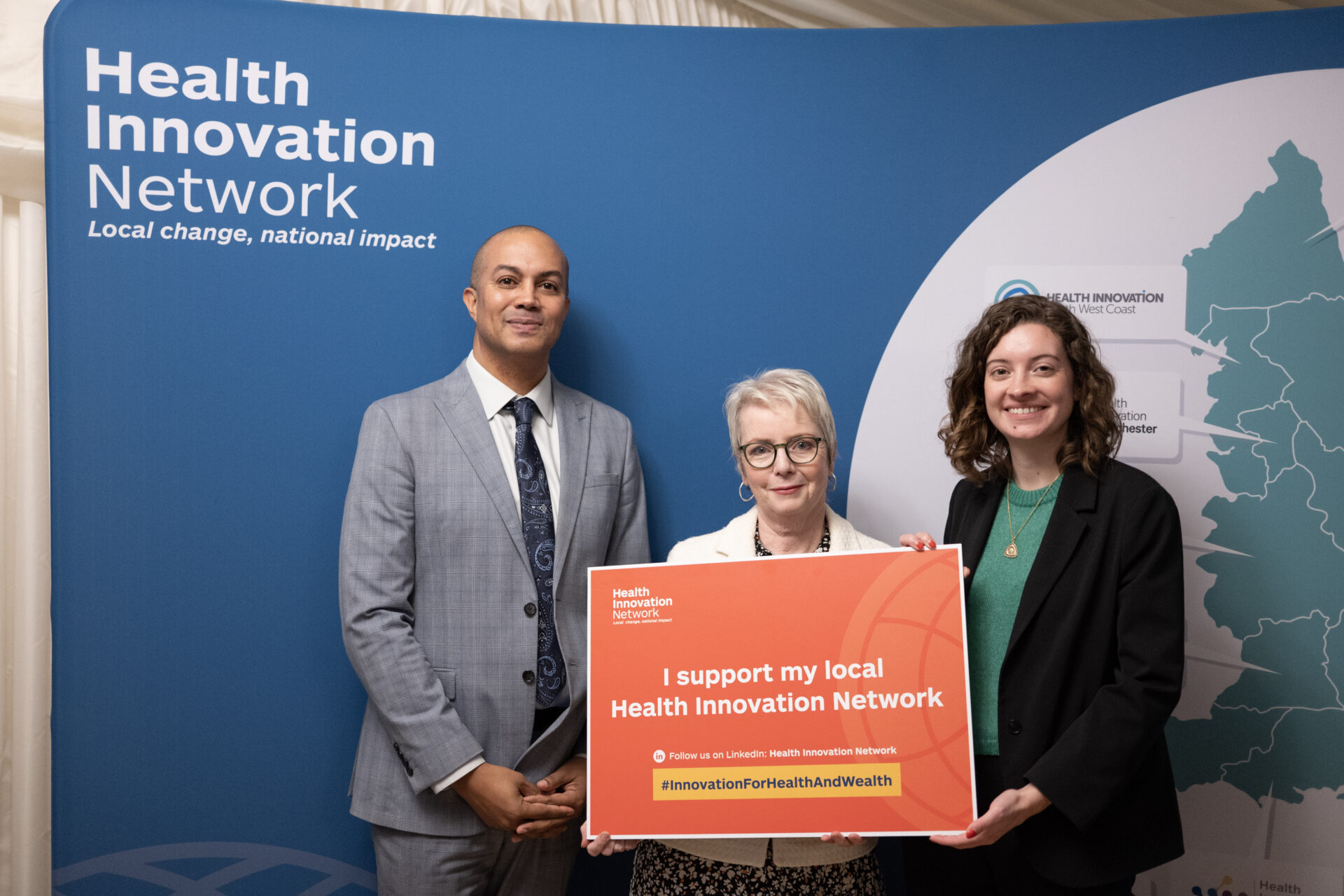We are delighted to publish the Innovation for Healthcare Inequalities Programme (InHIP) impact and learning report.
NHS England’s InHIP programme is a collaboration between the Accelerated Access Collaborative (AAC), NHS England’s National Healthcare Inequalities Improvement Programme and the Health Innovation Network, delivered in partnership with integrated care systems (ICSs).
It aims to address local healthcare inequalities experienced by deprived and other under-served populations.
Project teams (comprising of clinical and non-clinical expertise) from across the country are working together with their local communities to identify, address and minimise healthcare inequalities through projects to improve access to the latest health technologies and medicines.
These technologies and medicines are focused on five clinical areas of priority that closely align with the national Core20PLUS5 approach to reducing healthcare inequalities, which includes maternity, mental health, respiratory, cancer diagnosis and cardiovascular disease.
As highlighted in the report, over 34,000 people from underserved groups or deprived areas have benefitted from InHIP Wave 1 interventions, with around 8,000 patients gaining access to an innovative product on a treatment pathway.
Over 1,200 project sites were able to deliver a new pathway and / or innovation to patients. Almost 4,000 patients had broader health needs identified that resulted in them being referred on to additional services beyond the original core project focus.
Click here to download the report.
You can hear more about our work to tackle health inequalities in our latest podcast episode, featuring Professor Bola Owolabi, Director of the National Healthcare Inequalities Improvement Programme at NHS England. Click here to listen to the podcast.

The Health Innovation Network is delighted to announce the launch of Innovation Insights, a brand-new webinar series designed to highlight the latest in health innovation, offering attendees valuable insights into the adoption and spread of innovation within the health and care landscape. Each interactive webinar will feature: Expert presentations: Delivered by thought leaders across [...]

The Health Innovation Network, at an event sponsored by Sarah Coombes MP, brought together parliamentarians including Health Minister Karin Smyth MP and Chair of the Science, Innovation and Technology Committee, Chi Onwurah MP to meet with six innovators supported by health innovation networks across the country and their NHS partners. At the Meet the Innovators: [...]

The need for fast-paced innovation in healthcare is widely acknowledged. And ensuring that healthcare innovation is shaped by the people it serves remains a pressing priority – one made all the more evident by the growing emphasis on health equity in the 10 Year Health Plan. Patient voices are often cited as central to healthcare [...]






